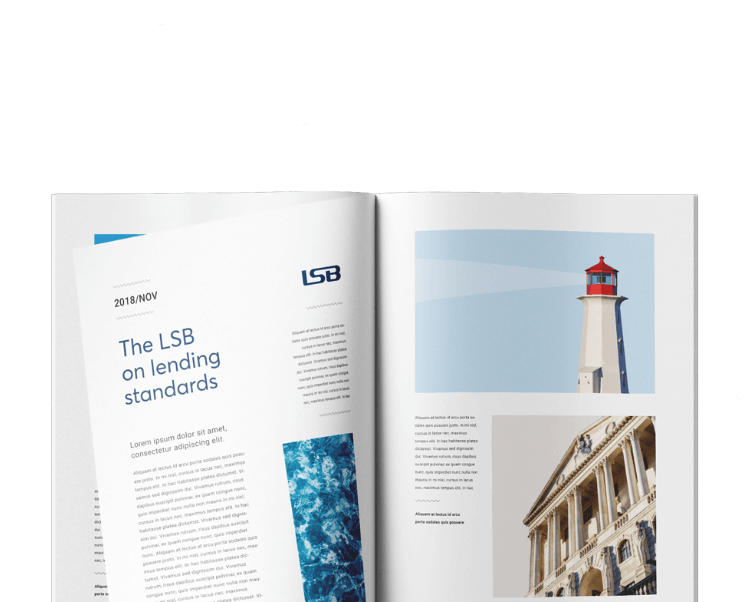New best practice framework aims to facilitate good outcomes for SME customers and a more consistent approach to LIBOR transition across the UK financial services industry
London, 28 October, 2020 – The Lending Standards Board (LSB), the UK’s only self-regulatory body for SME lending, and UK Finance, the collective voice for the UK banking and finance industry, have today published guidance for firms on the transition of small to medium sized enterprise (SME) customers to non-LIBOR linked products.
With less than 18 months to go until the discontinuation of LIBOR at the end of 2021, firms are seeking ways to better understand how they can continue to support their SME customers through the transition. During this period, it’s imperative that firms are able to deliver clear communications to their SME customers, ensure their protection and minimise the impact of the LIBOR transition. In particular, the COVID-19 pandemic has created significant challenges for SMEs across the UK, underlying the need for firms to support the UK’s SME’s throughout the LIBOR transition process.
The recommendations cover the following areas:
- Alternative reference rates: what firms can consider when selecting alternative reference rates, such as the Sterling Overnight Industry Average (SONIA).
- Engaging with customers: how firms can ensure that the information is delivered in a way that enables them to make informed decisions, and what firms can be doing to ensure that all necessary measures are taken to manage risks arising from LIBOR transition that could result in poor customer treatment.
- Approaching the transition of existing LIBOR contracts: how firms can ensure that all existing LIBOR contracts are identified, that appropriate rates are selected, customers are given sufficient information and support to make an informed decisions, and that firms take steps to manage risks related to the transitions.
- Governance and oversight: how firms can put governance and oversight processes in place to help to ensure the end-to-end customer journey, from initial engagement to post-sale communications, resulting in fair customer treatment.
Emma Lovell, Chief Executive at the LSB, comments: ‘SMEs are the lifeblood of the UK economy and a core segment for firms, accounting for 99.9% of the 5.4 million businesses nationwide. We recognise that LIBOR transition within the SME market falls outside of the FCA’s regulatory perimiter and that there’s a space for further support among the lending community. This guidance is a vital step to providing the information that banks need in order to support their SME customers when they need it most.’
Daniel Cichocki, Director, LIBOR Transition; Commercial Finance at UK Finance, comments: ‘The transition away from LIBOR in a smooth manner is a key focus for the banking and finance industry, and firms are working hard to ensure impacted customers are ready. This report will be a useful tool for banks and lenders as they liaise with impacted SME customers on what transition means for their businesses before LIBOR is expected to cease at the end of 2021.’
The LSB’s Information for Practitoners reflects the new guidance, which supports the Standards of Lending Practice for business customers. They are overseen by the LSB and became a recognised industry code by the FCA in February 2020. The recommendations detailed in the report do not constitute formal LSB or UK Finance guidance.
Media Contact
Kate Evans, Aspectus Group
T: 02072428867









